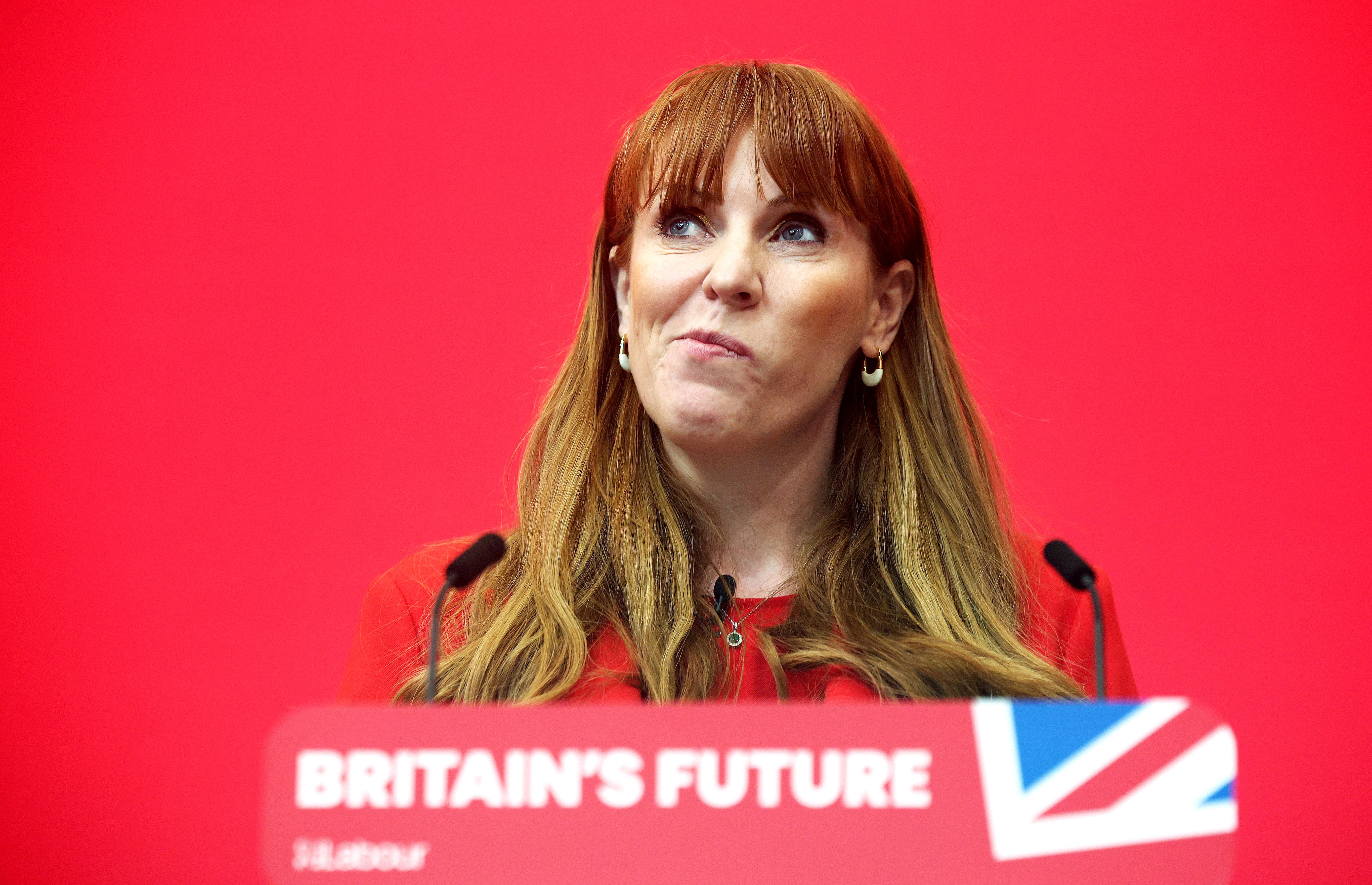The tiny tweaks that could help Labour make a big difference to Britain
If he becomes prime minister on a ‘time for change’ platform, Keir Starmer will need some quick wins, says Andrew Grice. These easy, low-cost measures would help ring the changes – and give the nation’s mood a lift


There is no enthusiasm for us in the country,” one senior Labour figure admitted to me, ruefully. “It doesn’t matter now. We are on course to win – but it will matter after the election.”
They are right. Voters are unlikely to give Labour the benefit of the doubt as they did the last time the party won power in 1997 – or give Keir Starmer time for his “decade of renewal” without seeing tangible progress.
I don’t think Starmer could afford to take his pre-election caution into government. He should remember Tony Blair’s regret at not moving more quickly in 1997, and his lesson: “You start at your most popular and least capable, and you end at your most capable and least popular.”
All incoming governments vow to “hit the ground running”, but the challenge for Starmer would be to do that without higher public spending. He could not hit the ground consulting everyone about future policies. After winning on a “time for change” platform, Labour would need some quick wins. So the party is searching for low or no-cost measures to make a difference to people’s lives and give the new government momentum.
Labour could achieve much through regulation and government edict without higher state spending. Examples include: automatic “social tariffs” so those on low incomes paid less for gas and electricity and possibly broadband; bringing buses under local public control; consumer protection measures and higher statutory maternity leave and sick pay, funded by employers.
Labour could act quickly in areas where the Tories have dithered and delayed such as tackling obesity, improving tenants’ rights and building new homes in the green belt, which enjoys public support in Labour’s target seats, according to new research (though Labour’s reforms to the planning system would take longer).
The Labour-affiliated Fabian Society, which is advising the party on reforms requiring “zero or minimal public spending,” said in a report: “Reducing emissions, increasing earnings, helping people to lead healthy lives and making housing more affordable are all things that rely on government regulation, coordination and direction much more than public spending... while the scope for solving problems with public spending is highly constrained, the possibilities for change via regulation and public leadership are in principle boundless.”
Another option is increasing the national minimum wage which, 25 years after its introduction, rose by almost 10 per cent this week to £11.44 an hour, reaching the government’s target of being worth two-thirds of the median wage. The Tories will not set a higher goal, but the trade unions want Labour to set an eventual target of £15 an hour or three-quarters of the median.
The minimum wage is a huge success story, having raised the incomes of the lowest paid by £6,000 a year. So much so that the Tories, who once warned its introduction would cost two million jobs, adopted it as their own and rebranded it as the national living wage in 2016.
A Labour government’s “first 100 days” list would include an extension of workplace rights.
Despite lobbying from business to dilute it, Starmer said last week it would be implemented in full, but I suspect there will be some tweaks. Starmer aides want to delay some decisions until after the election so Labour could take civil service advice, but unions smell a rat.
Angela Rayner, who is responsible for the policy, and union leaders think history is repeating itself. Business groups also warned the minimum wage would cost jobs, but it didn’t happen because New Labour introduced it at a modest rate. Now employers are saying the same about Labour’s new deal for working people.
Rayner has hit back at Peter Mandelson, the former business secretary, who argued that business should be more closely consulted. Mandelson believes it would be odd when the party is trumpeting its “partnership with business” not to talk to it about the Labour policy that matters most to it. He is worried the party’s love-in with company bosses would be rudely interrupted if some came out against the proposals during the election campaign.
Shadow cabinet members hope that after two years in office, Labour’s slimline programme could be fleshed out with plans to rescue public services, funded by higher economic growth. But Labour would need to be careful not to jeopardise that growth – and the private sector investment it would need – by using business as a substitute for state spending and piling too many extra costs on to companies.
Small things could make a big difference – but only for a limited period. Such improvements would not mask the painful reality that a genuine “decade of renewal” would require something Labour doesn’t want to talk about before the election – higher taxes.
Join our commenting forum
Join thought-provoking conversations, follow other Independent readers and see their replies
Comments
Bookmark popover
Removed from bookmarks